Francisco is the second Teng in the family to own Jeng Chi, one of the oldest Chinese restaurants in Richardson’s Chinatown – itself among the longest-running Asian-American enclaves in North Texas.
He and his wife, Janelle, own and manage the restaurant. Papa and Francisco’s mother, Mei “Mama” Teng, are technically retired, but still love working at the business.
In total, nine members of Francisco’s family, including his wife, daughter-in-law, sister-in-law and nephew, work at the restaurant.
Much has changed since the restaurant opened in May 1990.
“This thing, all the good, the bad, the ugly; it’s a lot of work, there’s screaming and arguing,” Francisco says. “But there’s also this human connection. It becomes this groove that makes the place come alive.”
It was very simple, humble beginnings, nothing extravagant. There was a need for a small, Asian-owned, family-run restaurant
Plastic bags of bao
Francisco says he, his mother and one of his brothers moved to Richardson in 1985. His father, oldest brother and younger sister were in Brazil, where his family owned and operated a confectionery factory – also named Jeng Chi.
To make extra cash, his mother convinced the owner of the store to allow her to sell pork and vegetable bao during the weekends, Francisco says. He recalls how he used to help his mother make the steamed buns on Fridays after coming home from school. The duo would package the bao in plastic bags.
“I mean back in the day, I thought it was just natural. It was exciting in a way. We all worked hard to come up with something, because we were very poor at that moment,” Francisco says.
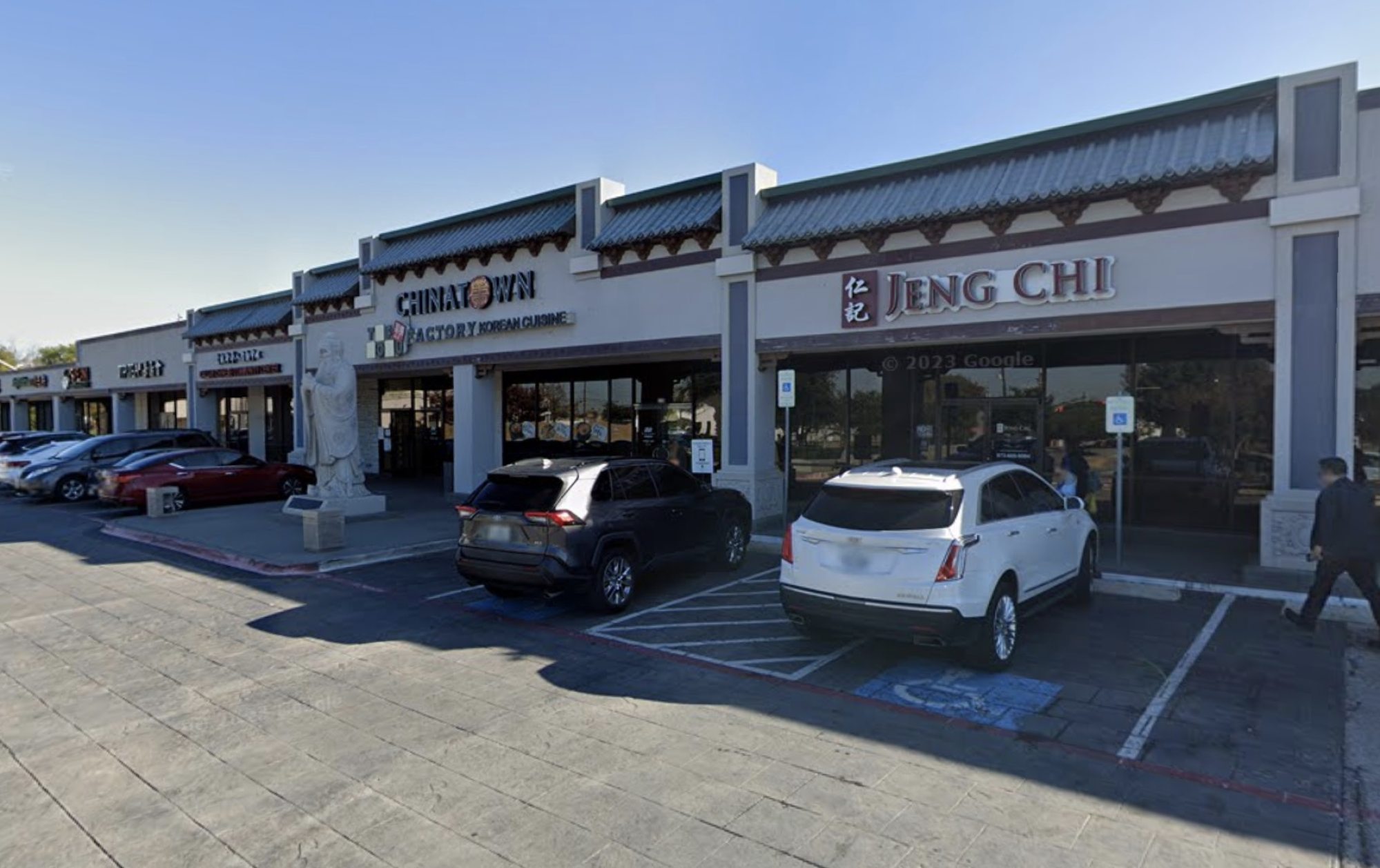
His father and the rest of his siblings came to the US in 1989, Francisco says.
In 1990, Mama Teng opened the family’s first restaurant location, which seated four tables in a 1,000 sq ft (93 square metre) space. Francisco describes it as a time when Richardson’s Chinatown was just starting to take shape.
“It was very simple, humble beginnings, nothing extravagant,” he says. “There was a need for a small, Asian-owned, family-run restaurant.”
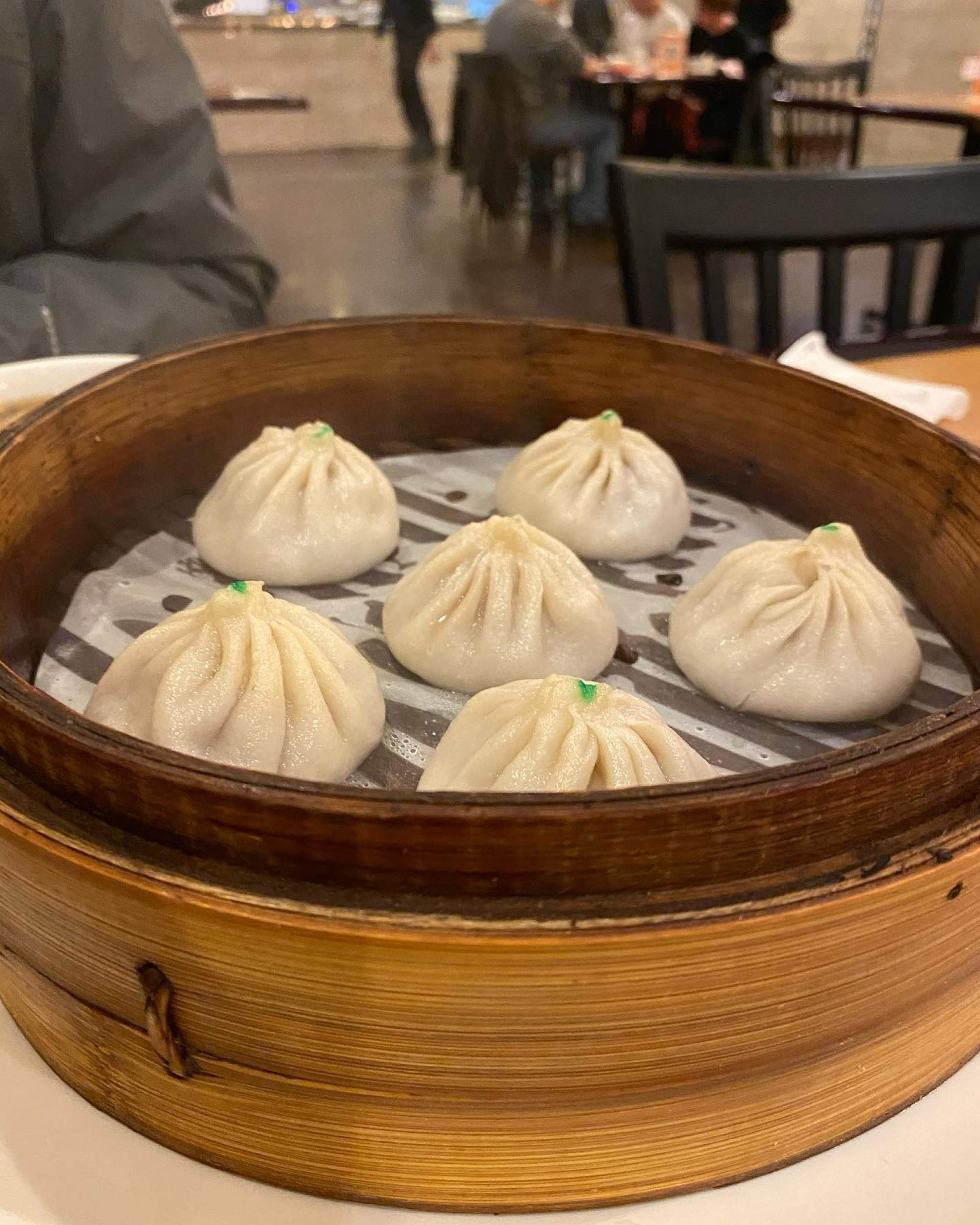
Young blood, new energy
Taking over the family restaurant was a “conscious” decision, Francisco says, but it was not always part of the plan. In the early 2000s, he studied graphic design at the University of North Texas, where he met mentors who helped him land a job at a well-known fashion company.
“It was very quiet, there wasn’t this connection between people. I missed the closeness, I missed the churning that happens,” he says.
In 2003, he quit his job in graphic design. After about a year of working part-time, Francisco says he made the decision to return to the family business.
By then, the modest restaurant at Richardson’s Chinatown had added to its menu to better serve a growing customer base. It had expanded to 3,000 sq ft and 25 tables.
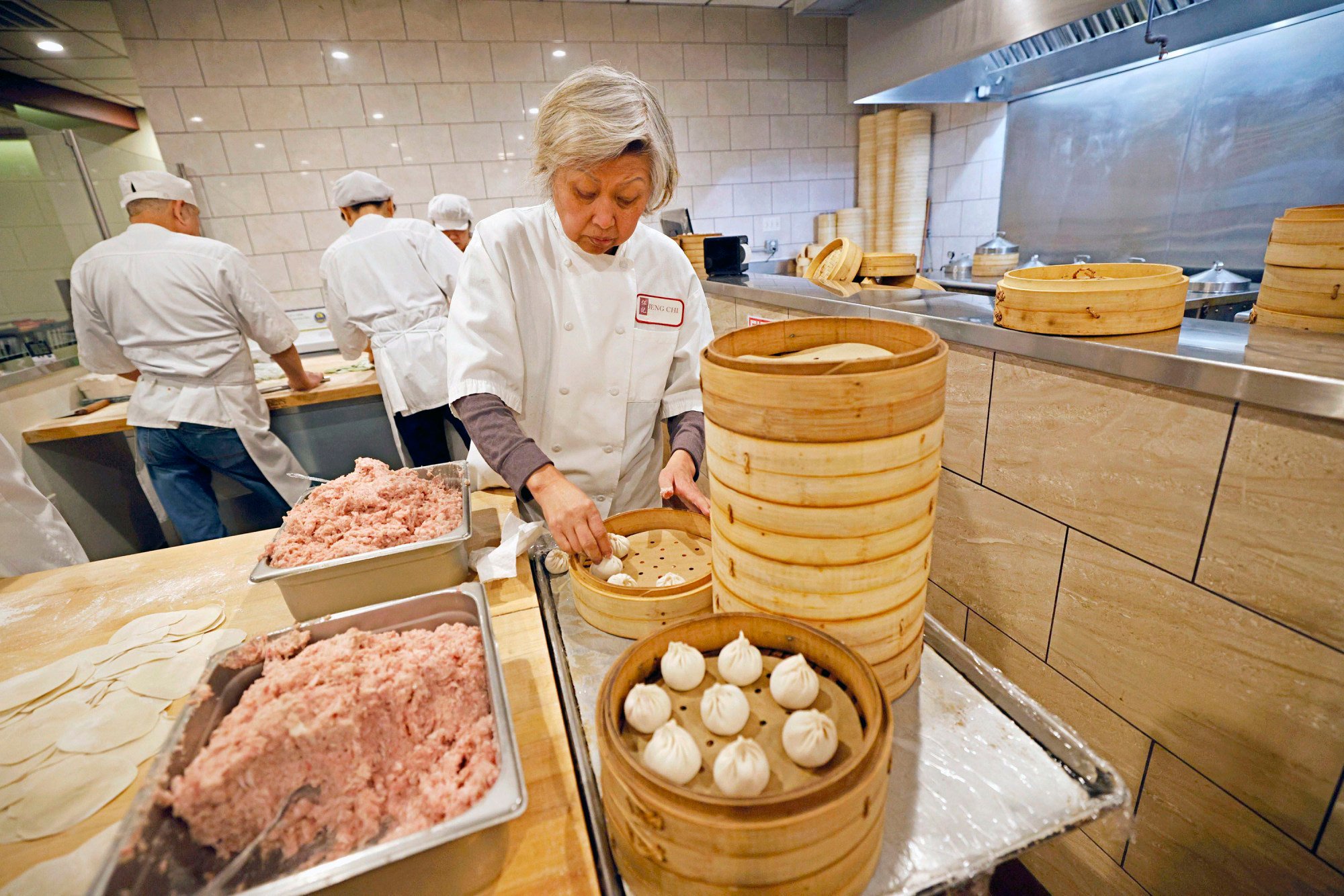
“Even when they grew, they didn’t really change their ways … we had maybe a 20 per cent American clientele,” he says. “It had all of the pros of a mom-and-pop and all the cons of a mom-and-pop.”
The food was good, Francisco says. The environment, however, was not welcoming to business meetings or larger family gatherings. At the turn of the century, Richardson’s Chinatown was growing, and with it, the number of restaurants in the city serving Chinese cuisine. Jeng Chi was still just a “hole in the wall”, Francisco says.
He started working as a pastry chef at the restaurant and went to Taiwan to hone his craft. In addition to helming Jeng Chi’s pastry business, he started sprucing up its interior.
“You need the young blood to come in sometimes – you need to bring new energy,” Francisco says.
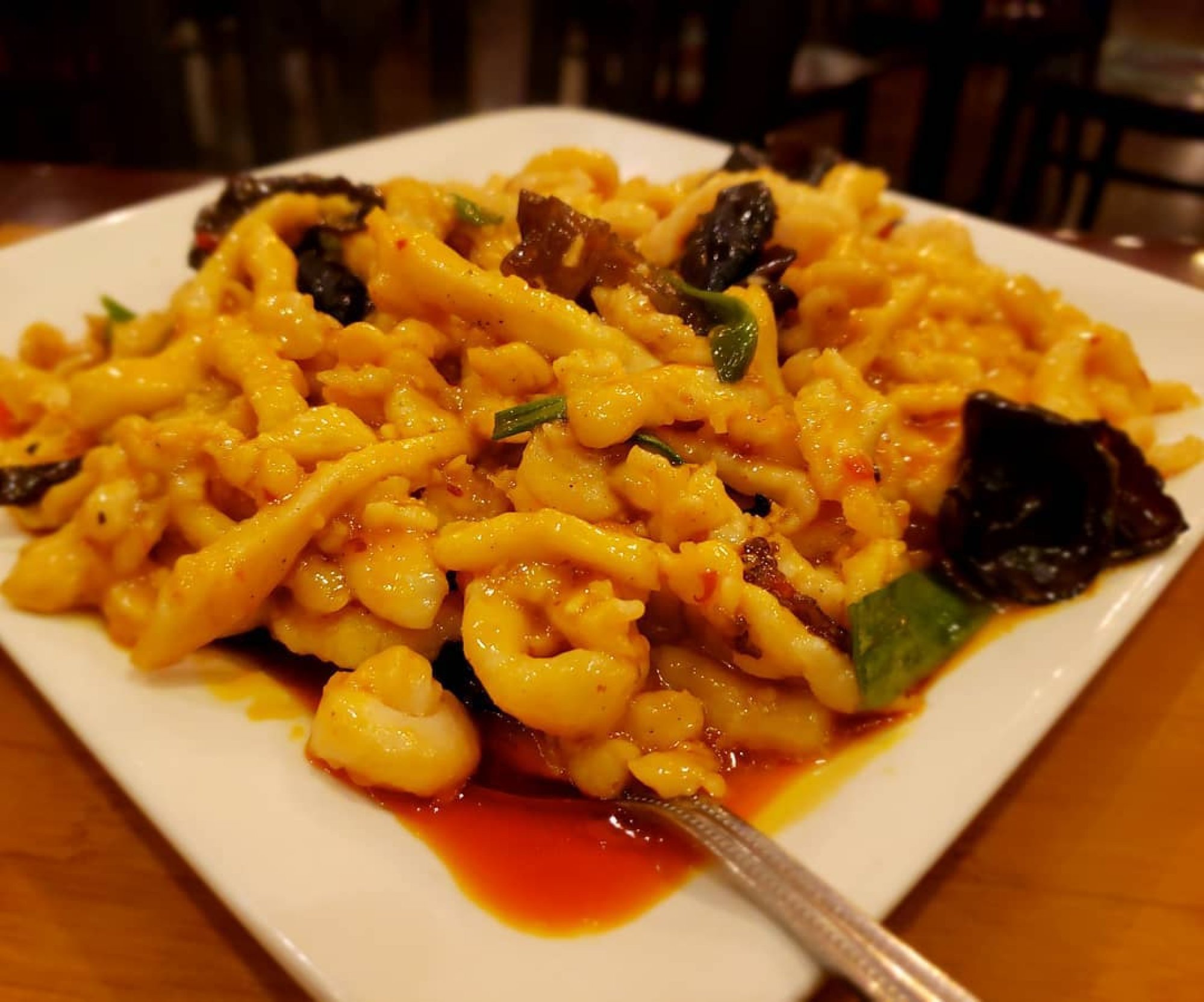
Richardson’s Chinatown was becoming “more of a central” attraction and not just a gathering place for people of Asian descent, Francisco says. As more of the Chinese-speaking immigrant community moved away, the restaurant took on a more diverse consumer base.
No matter how big the restaurant has got, he says its managers try to preserve some of the good parts of a family-run shop.
“We still do lunch together,” he said. “The chefs cook food, and all the employees sit together and eat together. It’s a memory of people being close.”
Marrying the family
As someone who married into the family, Janelle Teng has had an up-close look at Francisco’s relationship with Jeng Chi.
“My in-laws, they trust me … and it’s a huge compliment to have these two individuals trust me to guide the business to its success,” Janelle says.
I get to see my parents go through things many people never will have a chance to see, and that’s precious
The restaurant has filled a hole in Janelle’s life. Her relatives live in northwestern Iowa and she does not see them often. As a Teng working at Jeng Chi, she seldom feels that void.
“I’m really lucky in that when I married into the family, I really married the family,” Janelle says.
The restaurant has helped the older members of the Jeng Chi family, too.
Mama Teng, 76, says the restaurant is where she can have the feeling of community. For her husband, the restaurant is a place that can keep his mind busy, Mama Teng says.
It was difficult for the couple to make friends in their younger years – they were consumed with keeping the restaurant afloat. Now that they are retired, some of Mama Teng’s best friends are long-time customers. Rather than watching Korean dramas all day from her couch, Mama Teng says she prefers coming out to greet familiar faces.
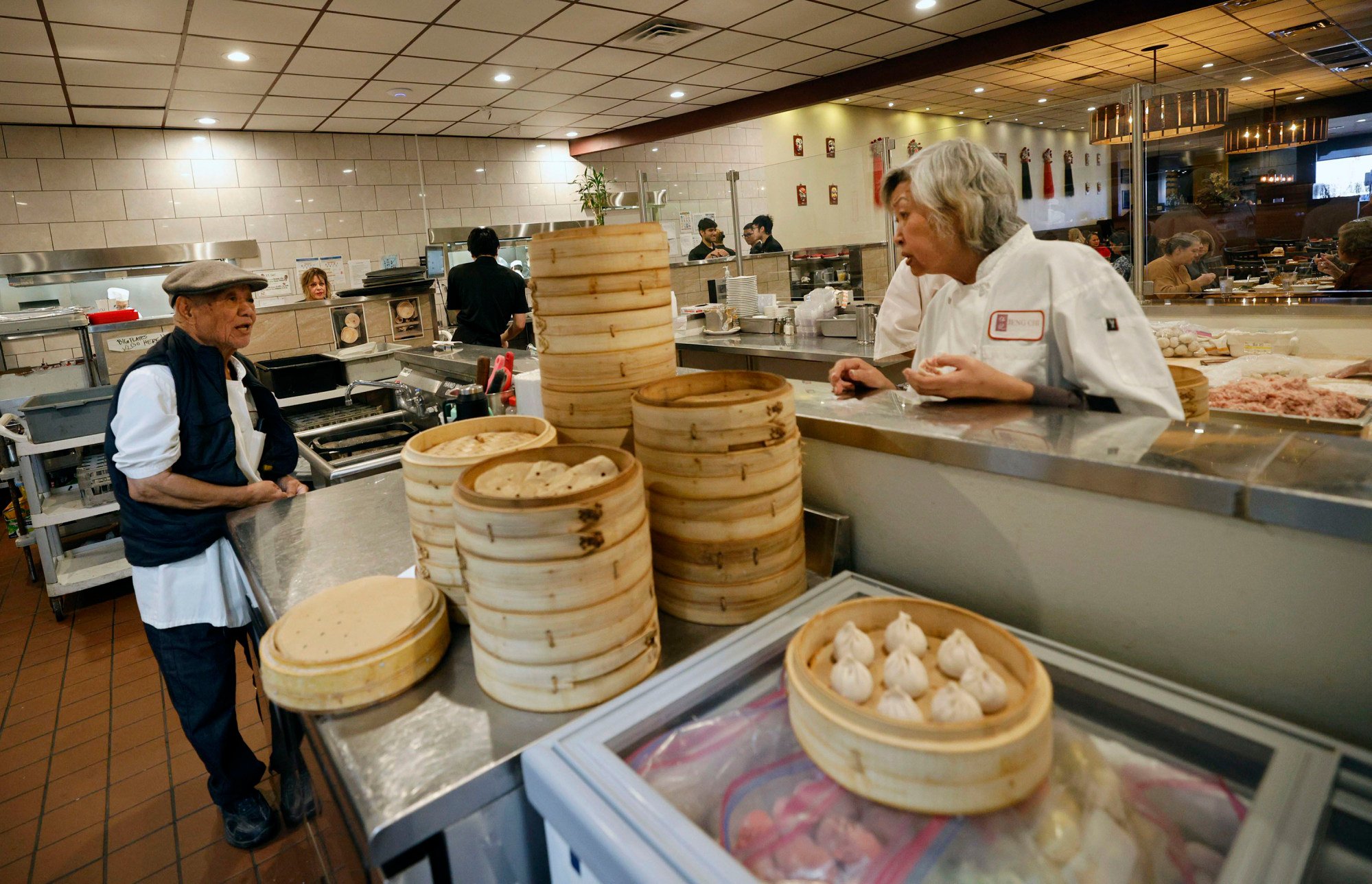
Francisco says he is thankful for the chance to spend time with his ageing parents. He is reminded of the days he would watch Mama and Papa work at the confectionery factory in Brazil.
“For a long time, [I] have been able to work with my parents and have been able to solve problems with them. I get to see my parents go through things many people never will have a chance to see, and that’s precious,” Francisco says. “Most people don’t understand that but I do; that’s the part I enjoy.”
The family has survived health scares, sibling feuds, the pandemic economy and made tremendous sacrifices. Through it all, the Tengs have been able to keep Jeng Chi together.
Or perhaps it is the other way around.







